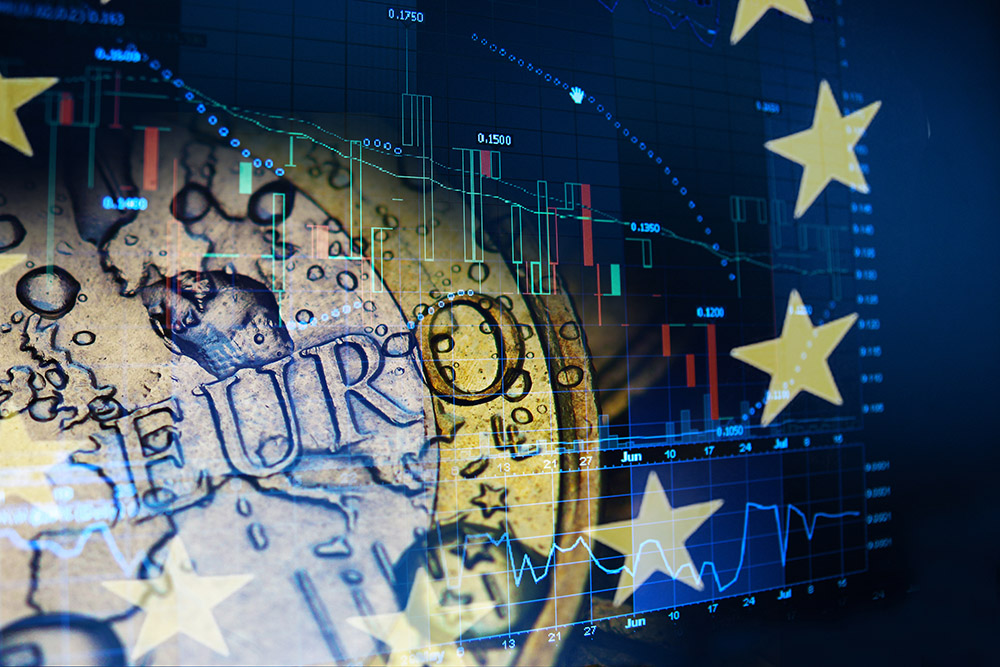
What if the trade war between China and the United States of America turned into a cold war? Should we be concerned about the rise of China power or simply see it as a natural, peaceful and inevitable evolution or a change that is part of the history and a matter of time? The Chinese will tell you that we must not fear the "trap of Thucydides" (Greek phenomenon baptized by its author who explained that Sparta's fear of the ascent of Athens made the war between the two cities inevitable). Is there not such a phenomenon with China, feared by the US? Perhaps for the most pessimistic of us.
The question was rightly addressed by Graham Allison in his book on this hot subject. According to him, fortunately only 12 out of 16 historical rivalries led to a real war. Here I think I can say that it will not come to blows, but rather to a bitter and intense “commercial” war. However, Chinese have no interest at all in this war. The victory, whatever the winner, whatever the camp, would be a Pyrrhus’ one, to keep comparing to the Greek history. Even if it is a sort of war between the two largest superpowers, it would be likely be a "cold" one, as in the good old time.
China may not behave in the most loyal way, we can easily admit it. It allows itself not to respect many principles in the field of intellectual property, and it behaves voluntarily lax while it governs its own state from within Orwellian and strict way. Paradox, isn’t it? Both are protectionist. “The shepherd answered the shepherdess”, as we use to say in French. The US wants, with the Huawei case, show that they protect their intellectual know-how. This technological war may prove that Huawei was a kind of Trojan horse launched from China, or simply a pretext for showing teeth. This is undoubtedly the first sign of "de-globalization". Today's China exports and must maintain good relations with its partners where the USSR exported very little (at the time of the cold war), except its raw materials and weapons. The case cited above illustrates the risk of "splinternet" and the separation of two virtual worlds that are no longer connected.
China is fighting to impose its hegemony on Asia. The USA fight for keeping technological leadership. The US want to calm down China's desire for economic power. The risk of cold war and merciless is obvious. To let China grow without doing anything is not an option. Does this mean that fighting commercially is the best answer, no one knows. This war would have and already has impacts on the rest of the world. Neutrality in economic matters is not easy and we are not the Switzerland of the last world war. In addition to our central position, we European are affected by trade measures, exchange rates and taxes that undermine the world economy, when we are struggling to recover. This growing rivalry is disturbing but not surprising. Let's hope we do not go to the uncontrollable escalation between superpowers. Economic life is just as cruel as war, but more nagging and vicious.
François Masquelier
Chairman of ATEL

The VDT launched the working group in June to deals with the adaptation of internal and external processes to the digital treasury world. They share some of their findings so far.
Read
COVID-19 has certainly impacted the way we communicate from a technical or logistical perspective – I think we’d all agree with that! It has also perhaps raised our awareness around the importance of communications, on a number of different levels.
Read
12 months ago, Central Bank Digital Currencies (CBDCs) were the topic of think tanks and obscure magazines. These days, not a month goes by without a new headline in the more popular press.
Read
From March to May 2020 the VDT conducted a survey on Payment Factories. The trigger for the survey were the numerous regulatory changes that have had a strong impact on the processing and optimization opportunities in payment processes.
Read
The health crisis linked to the coronavirus epidemic has plunged all countries worldwide into the unknown. Paralyzing a large portion of the population and of companies, the health crisis subsequently gives way to a major economic crisis. Against this backdrop, companies first focused on liquidity. Indeed, with a sudden drop in sales, the cash flow generation slows down or even stops as companies are unable to slow down their cash outflows.
Read